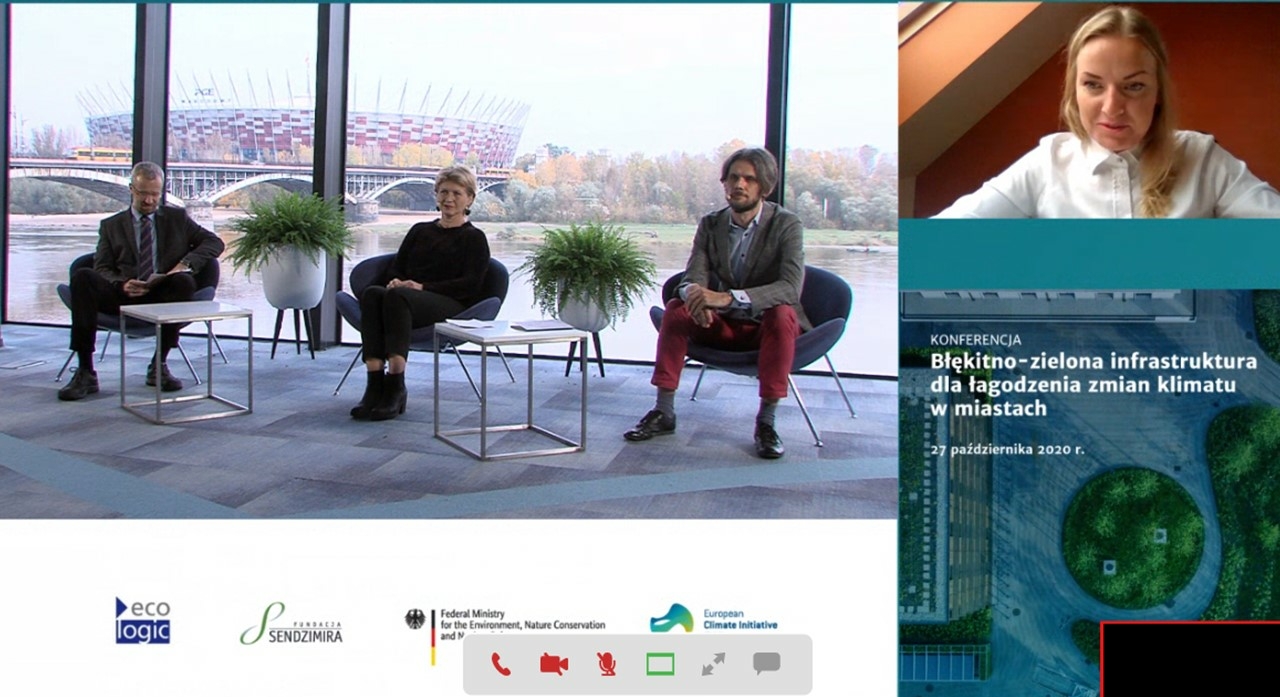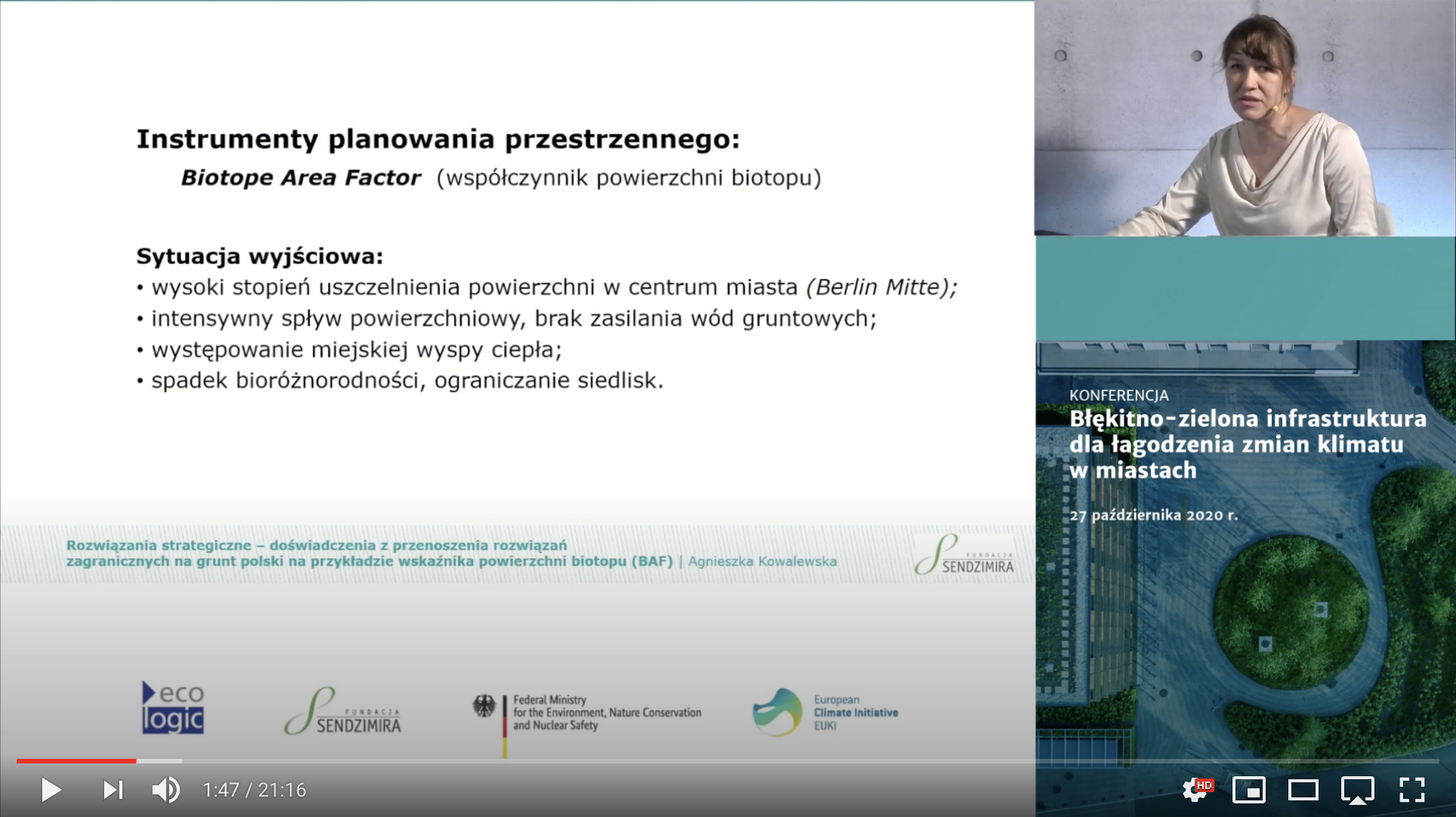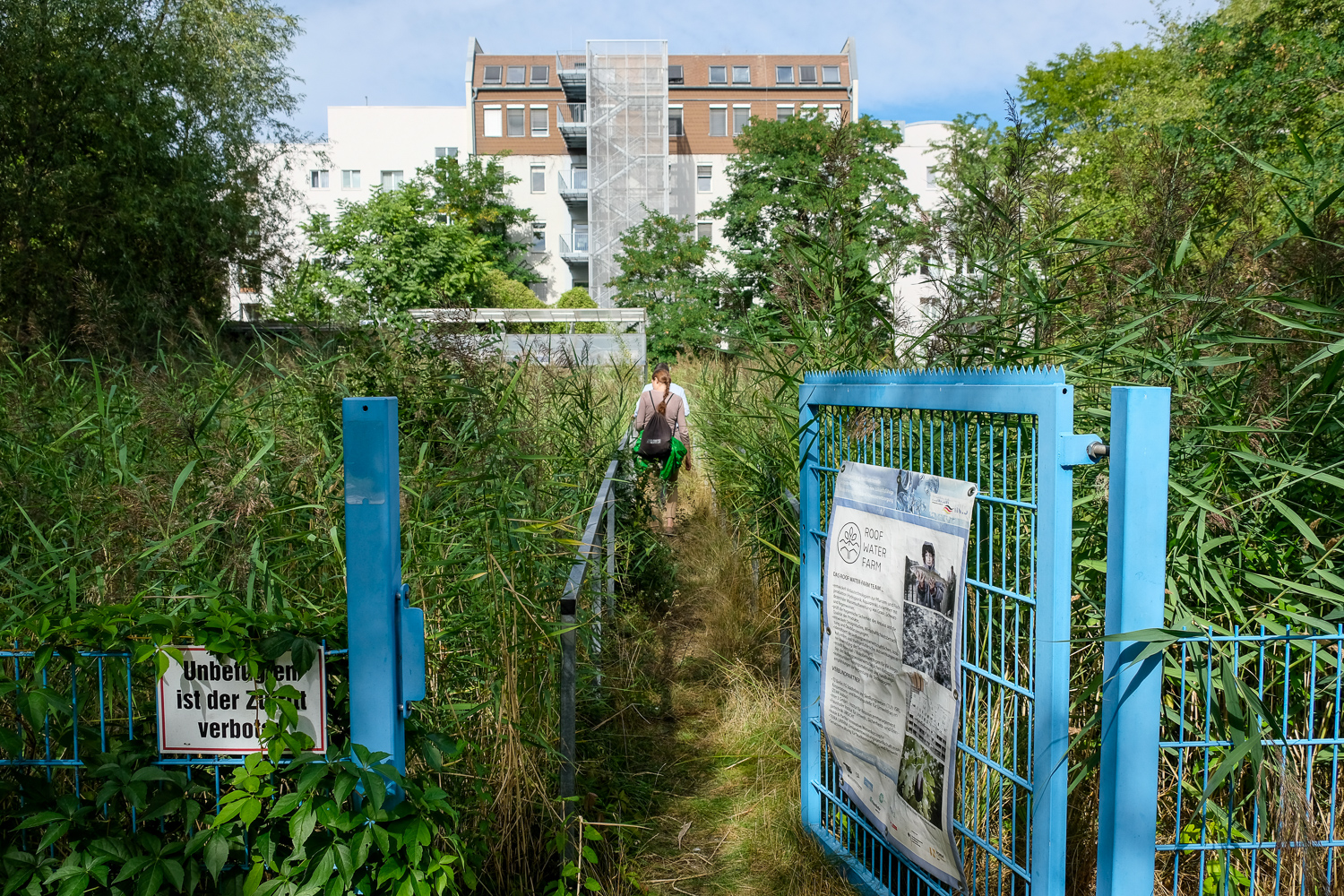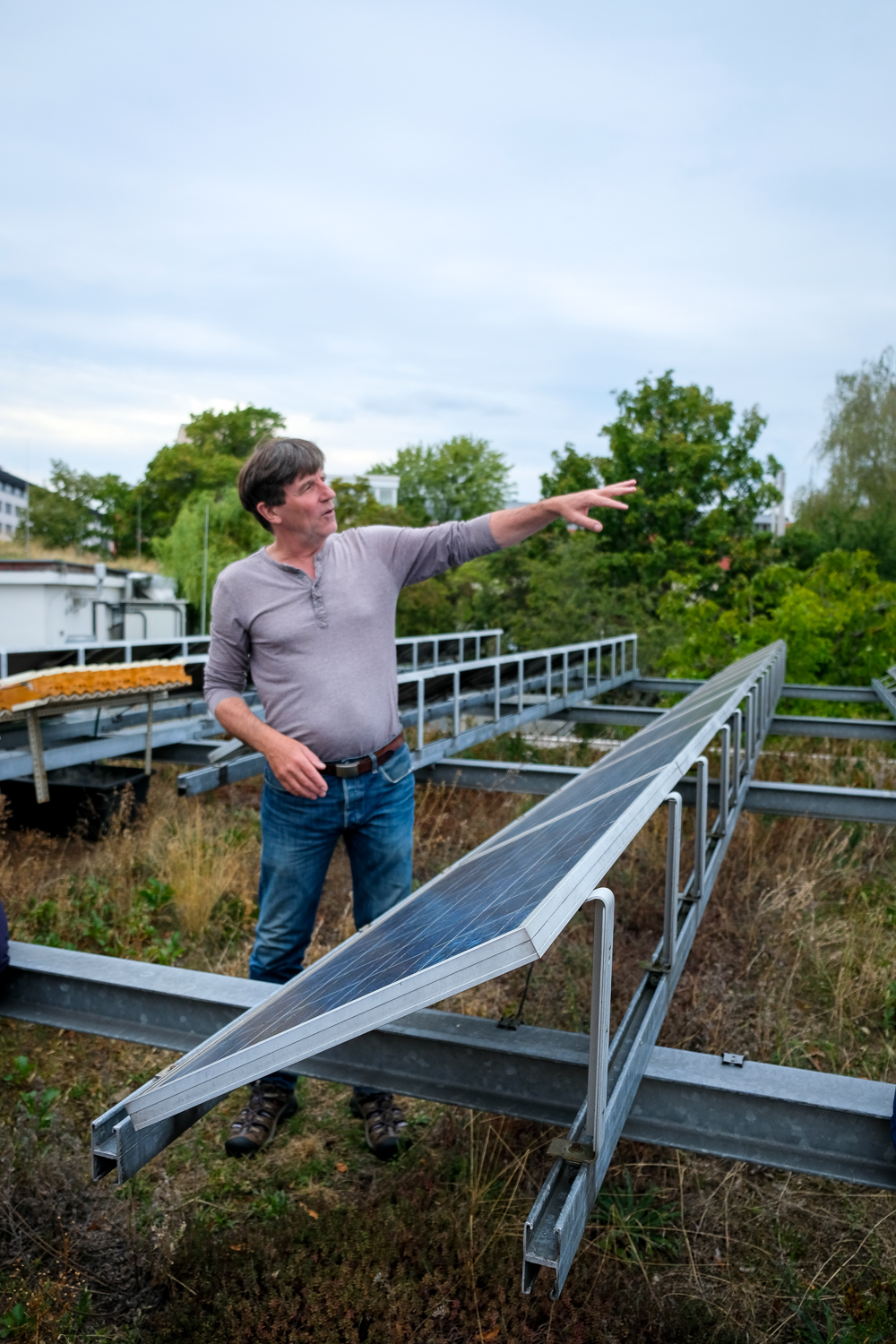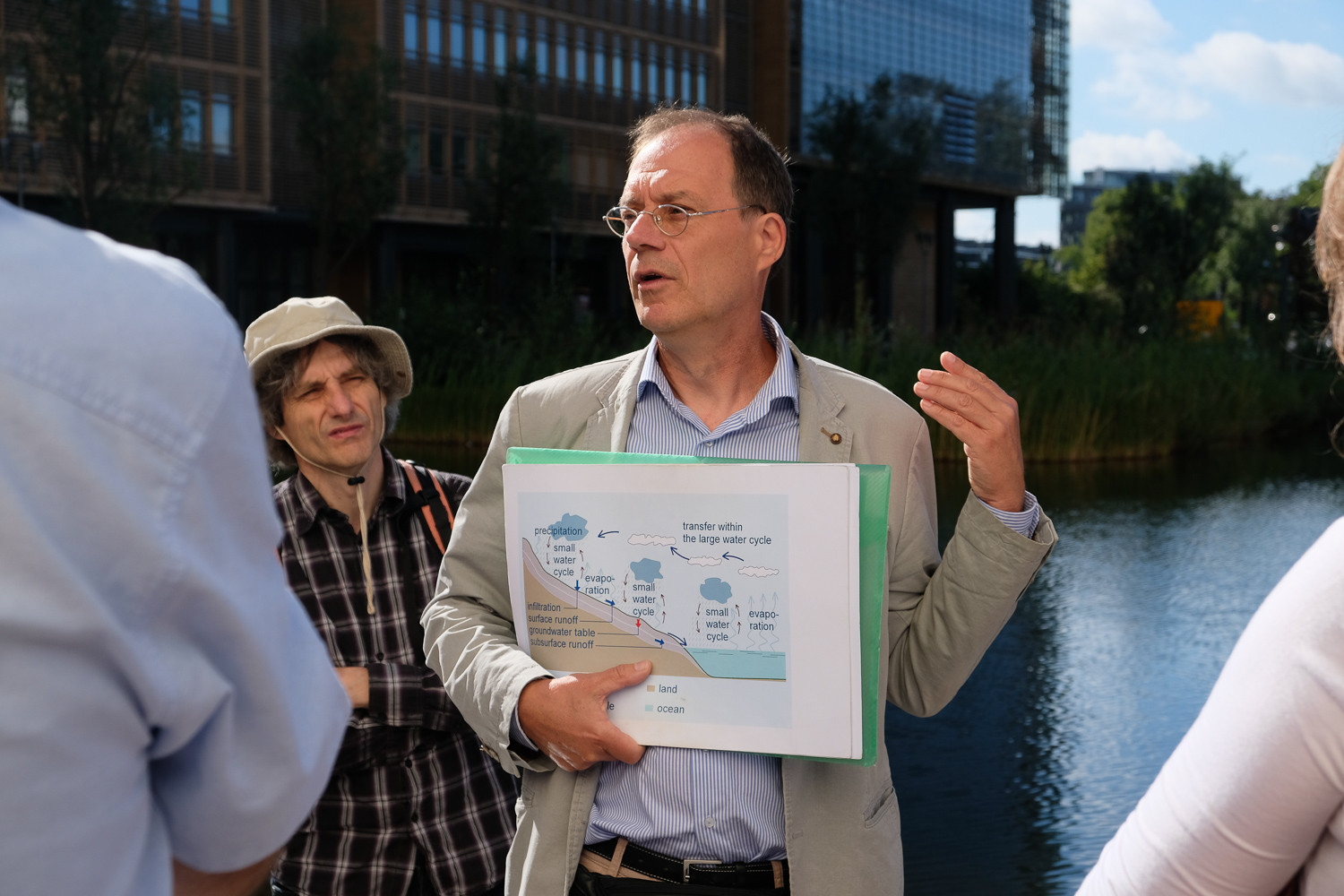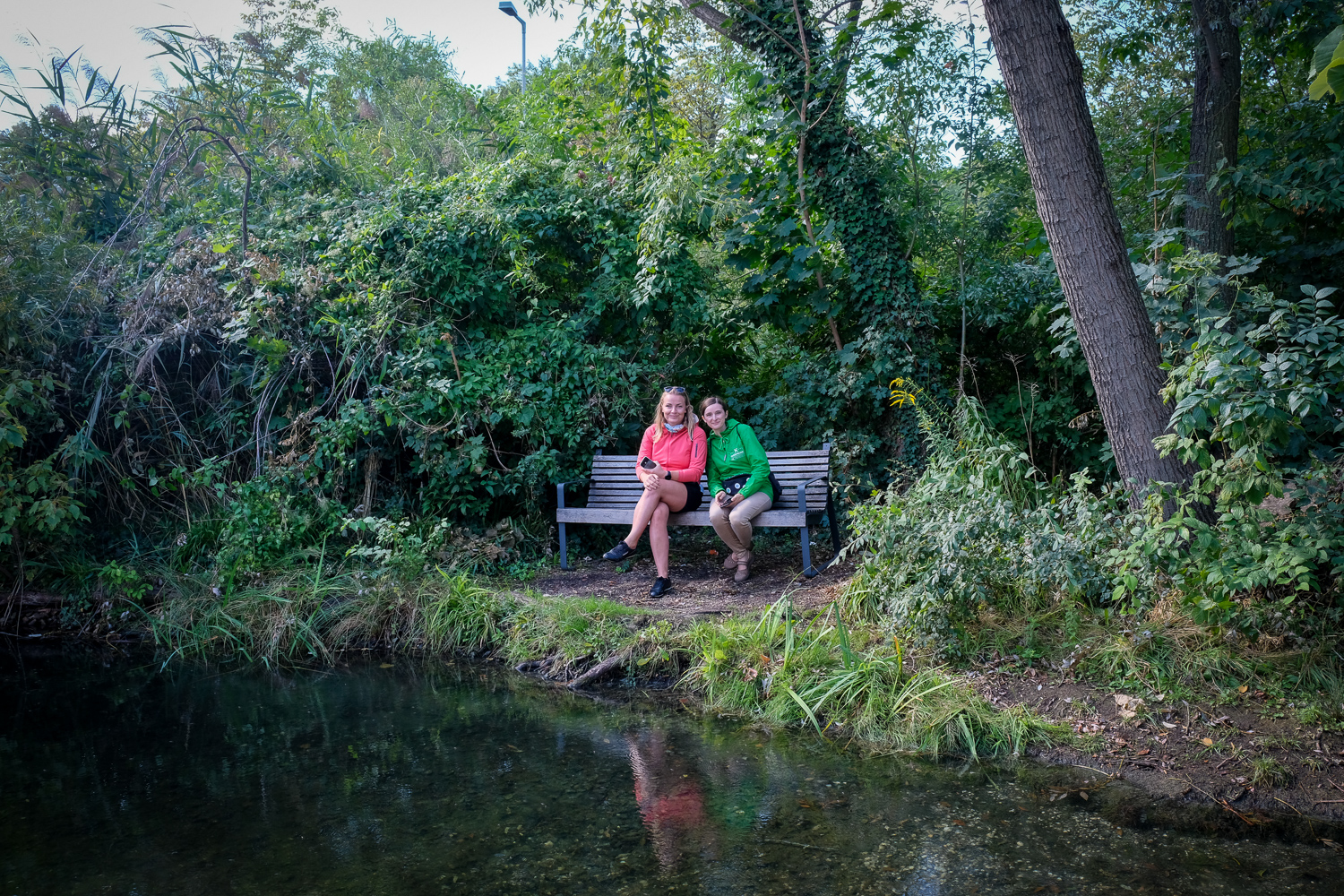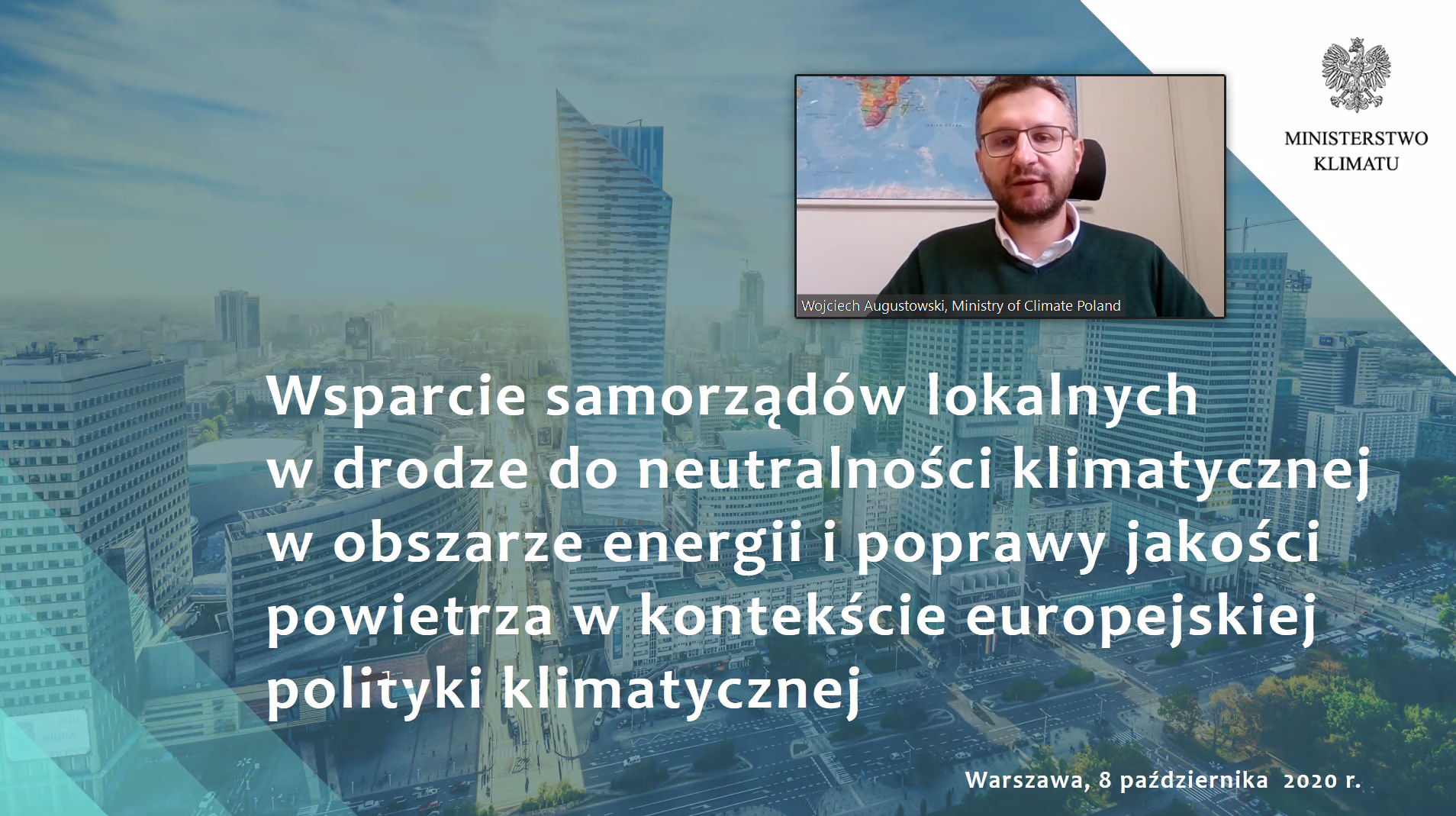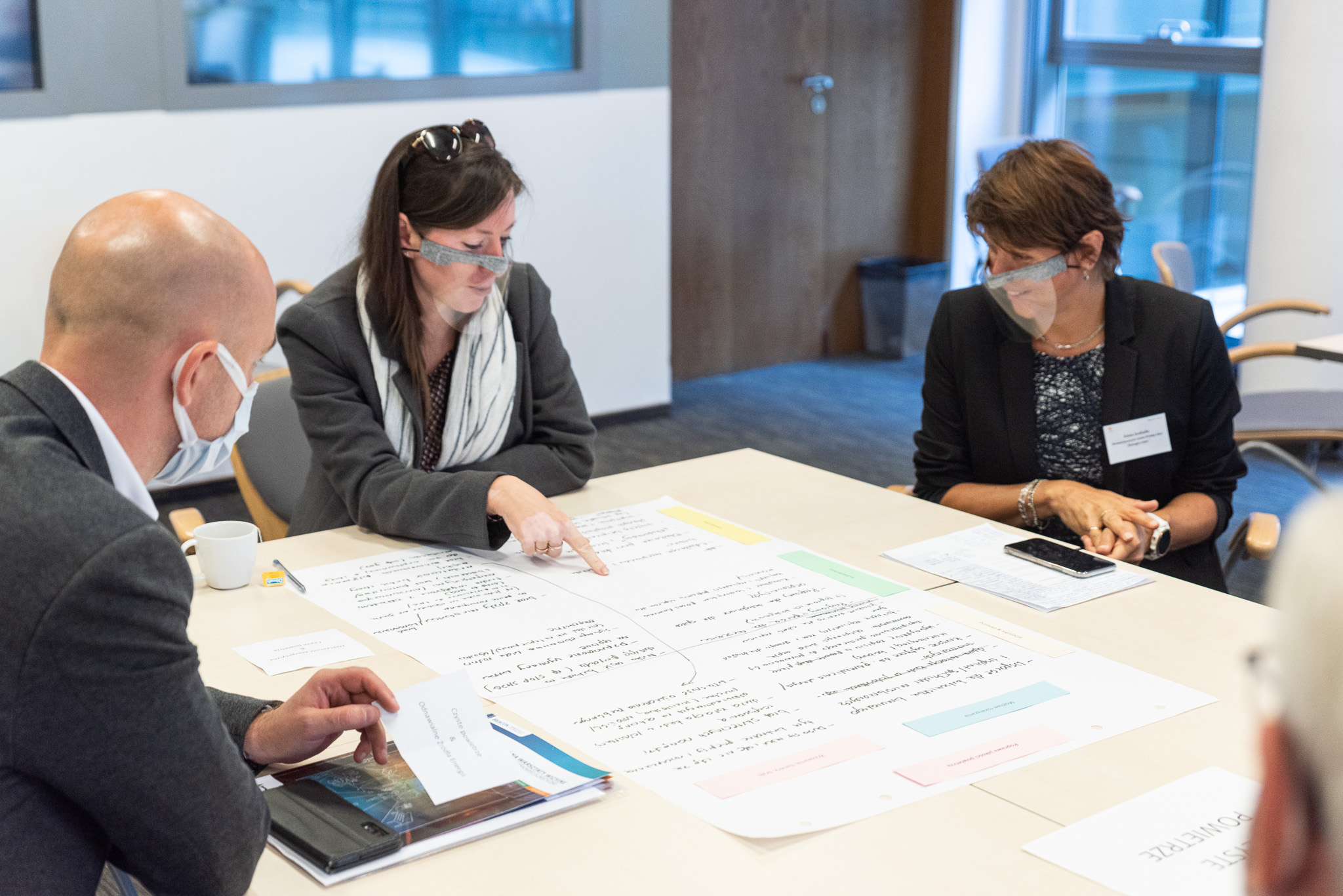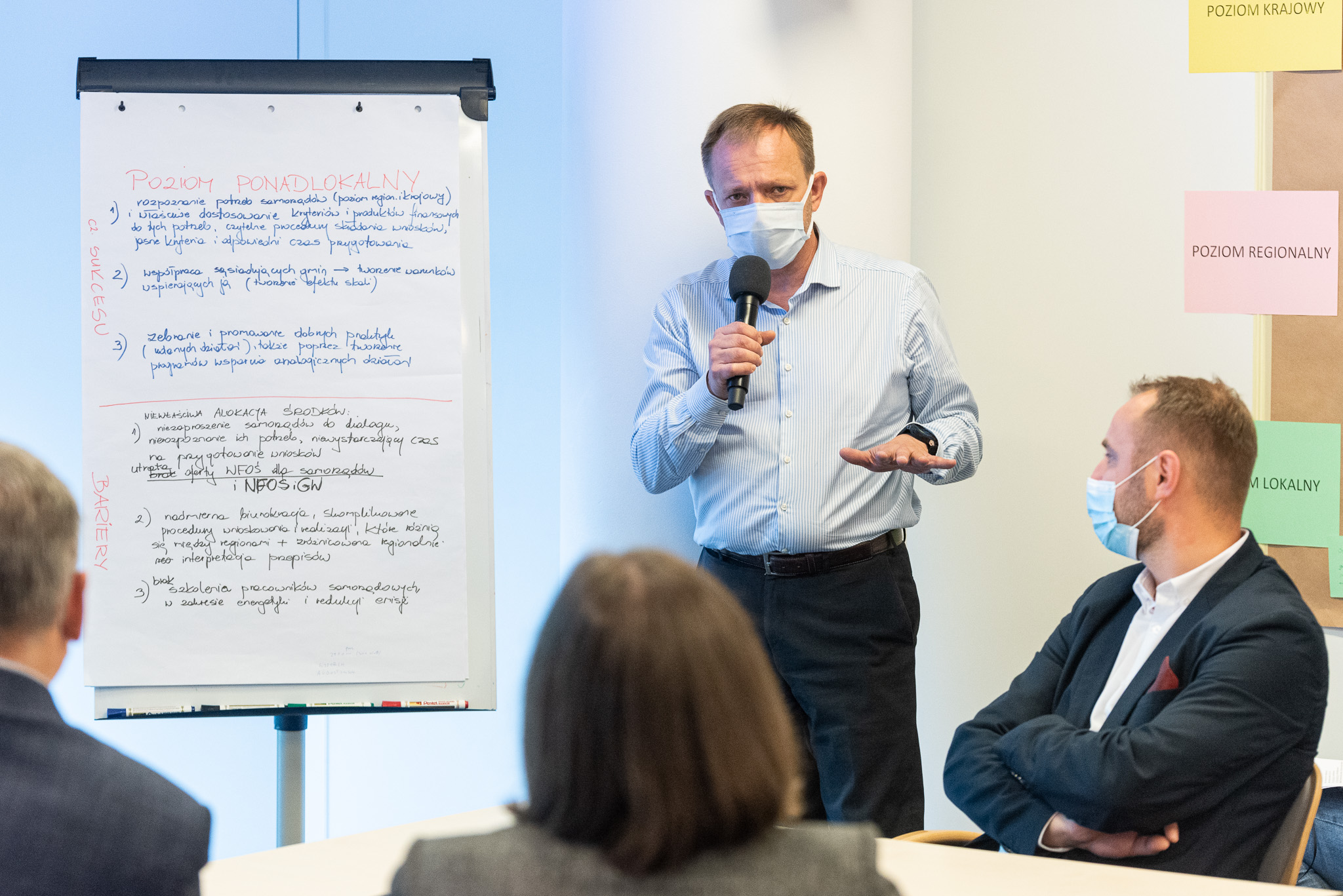Further Information
The Climarchinet expert group is made up of experts who, beyond their own line of expertise and professional interest, deal with obstacles and challenges that stand in the way of sustainable, carbon-neutral construction.
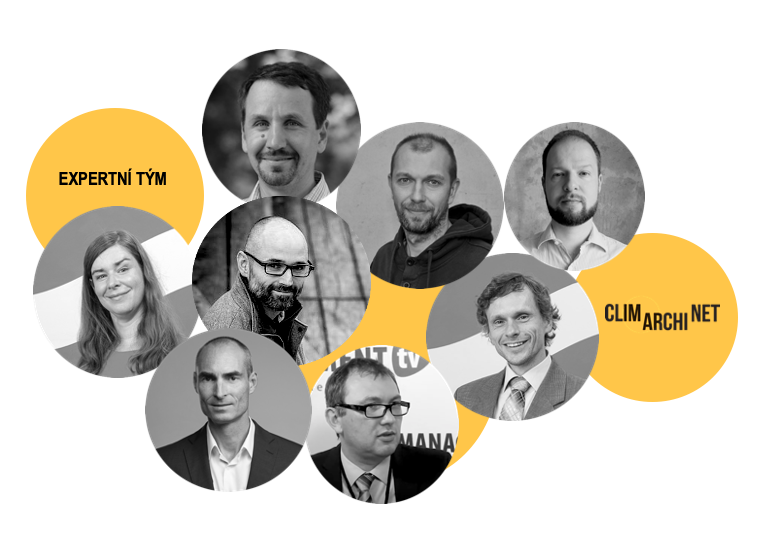
The project cooperation aims at specific results applicable in practice, not only in the Czech Republic.
- Tomáš Vanický = expert sponsor of the ClimArchiNet project / CPD director
- arch. Josef Tlustý = Architect/ČKA, member of the CPD Board
- arch. Jan Soukup = Architect/ISU ČKA
- Ing. Tomáš Matuška, Ph.D. = Specialist on building energy management, associate professor at the Faculty of Mechanical Engineering at the Czech Technical University in Prague
- Radim Kohoutek = Energy Specialist / APES, DS Energy Consulting
- Ing. Anna Francová = Lawyer / Frank Bold Advokáti
- Stanislav Kutáček = Economist / Frank Bold Advokáti
- Vladimír Kubeček = Economist/University of Economics, Prague
Objective of the document
- Summary of findings, available documents and expert opinions from individual fields who have participated in the implementation of the project as part of discussions, workshops and international conferences.
- Summary of recommendations resulting in faster transformation of the designers (in the role of architects) and contracting authorities (public administration) in public contracts with the aim of designing and constructing buildings with very low energy demands, adapted to climate change, political situation, and social and energy security.
- Taking into account PESTEL multi-criteria requirement
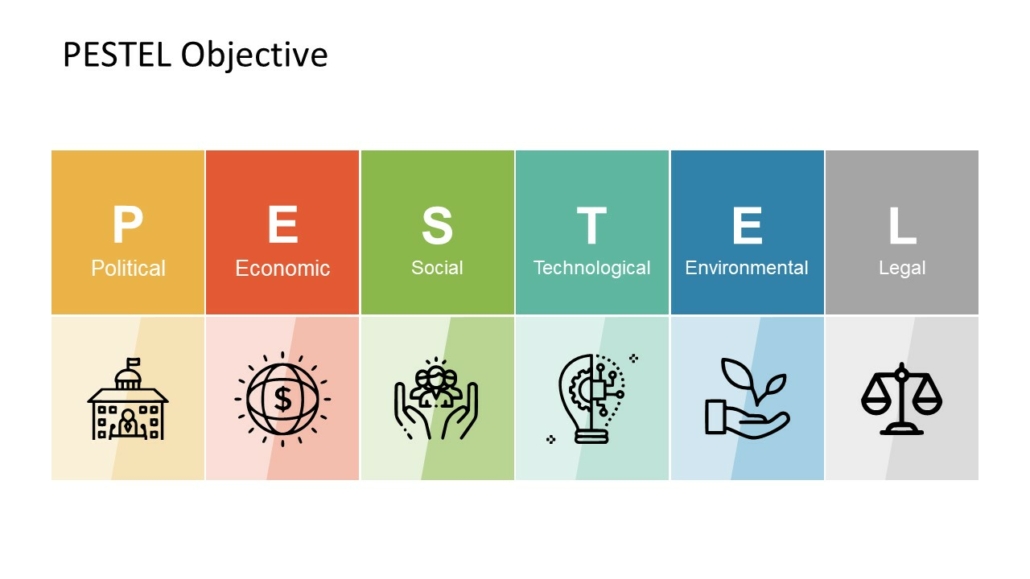
The document is intended for the following target groups:
- Architect (Czech Chamber of Architects)
- Public administration (level of regions, cities & municipalities)
- Ministry of Environment
- Ministry for Regional Development
- Ministry of Industry and Trade
- Ministry of Education, Youth and Sports
- State Environmental Fund
- State Investment Support Fund
- Cities and municipalities
About the ClimArchiNet project
The project is mainly funded by the EUKI. EUKI is an initiative of the Federal Ministry of Economic Affairs and Climate Protection (BMWK), the mission of which is to encourage cooperation within the EU in terms of further development and implementation of ambitious climate-related policy. Through the EUKI, the stakeholders in the field of climate can learn from each other. The initiative promotes intra-European dialogue, exchange of best practices, awareness raising and knowledge transfer.
The project implementation is ensured through the cooperation between:
Centrum pasivního domu, z.s(CZE) /Passive House Centre
Inštitútprepasivné domy(SK) Institute for Passive Houses
The aim of the project is to identify the current situation and support development of innovative processes, materials and technologies for the preparation and implementation of buildings with very low energy needs throughout their life cycle. Support transformation of the building sector towards carbon neutrality, building adaptation to climate change and social and energy security. More information about the project and its activities in the Czech Republic can be found on the CPD website and on the climarchi.net information platform.
Main activities of the Czech project in a brief summary
In 2020-2022, the project focused on discussions with experts and on sharing of examples of good practices in sustainable architecture:
- 2 expert round-tables
- 3 discussion workshops“INNOVATIVE SOLUTIONS FOR CLIMATE PROTECTION” with experts and invited guests
- 1-day international conferenceon Connection of Buildings & Sustainability
- 3-day excursion to see examples of good practices in sustainable architecture in Berlin
- Sustainable Architecture Information Platform https://climarchi.net/cz
For more informations about the Czech project activities visit the Climarchinet project homepage.


